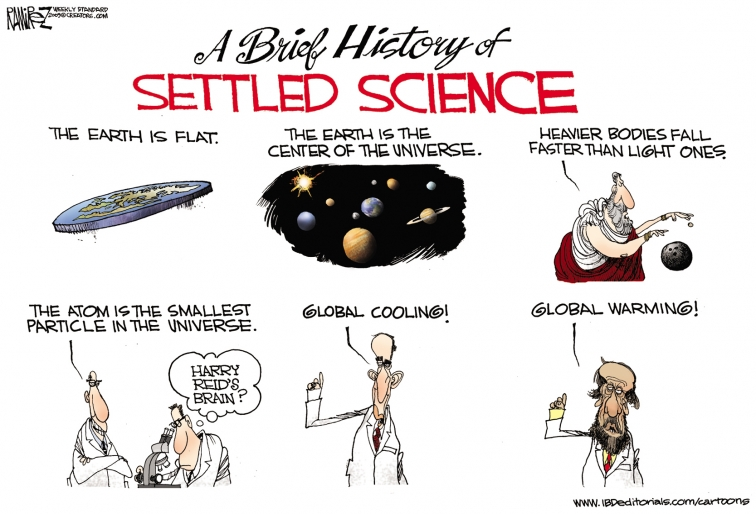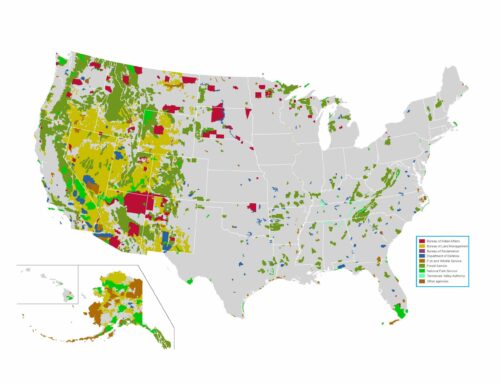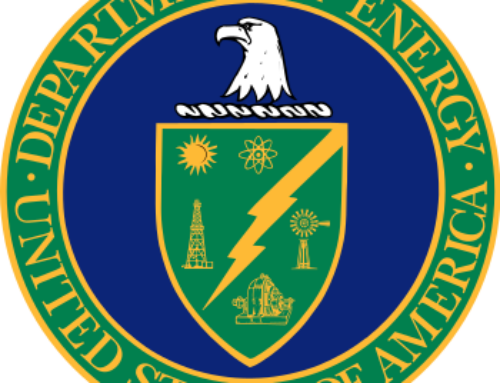by Greg Walcher, E&E Legal Senior Policy Fellow
As appearing in the Daily Sentinel
Congresswoman Alexandria Ocasio-Cortez recently made the statement that, “There is scientific consensus that the lives of children are going to be very difficult … leading young people to have a legitimate question: is it still OK to have children?”
I’m completely comfortable with her deciding not to have children, but that aside, what scientific consensus is she talking about? What type of scientist can see into the future and know what kind of lives children born today might have? A microbiologist or a biochemist? A physicist, oncologist or botanist? Perhaps a meteorologist, hydrologist or astronomer?
The concept of science has become one of the most misunderstood in public discourse. It is hackneyed to the point of triteness to say policy leaders should “follow the science.” I’ve said that, too, but I flatter myself to have had at least an elementary understanding of what science is. Today, leaders throw the word into speeches whenever they need credibility the argument itself doesn’t have.
You can spot it a mile away when they include the word “consensus.” The very concept of consensus, meaning unanimous agreement, is an affront to science. As John Kay wrote in 2007, “Science is the pursuit of truth, not consensus.” He explained, “The route to knowledge is transparency in disagreement and openness in debate.”
No wonder people have grown weary of being told the science is “settled,” on various issues, only to observe later that the conclusions were exaggerated, or flat wrong. Think of the damage done over the centuries in the name of settled science.






